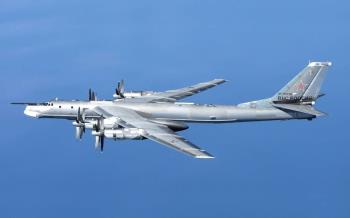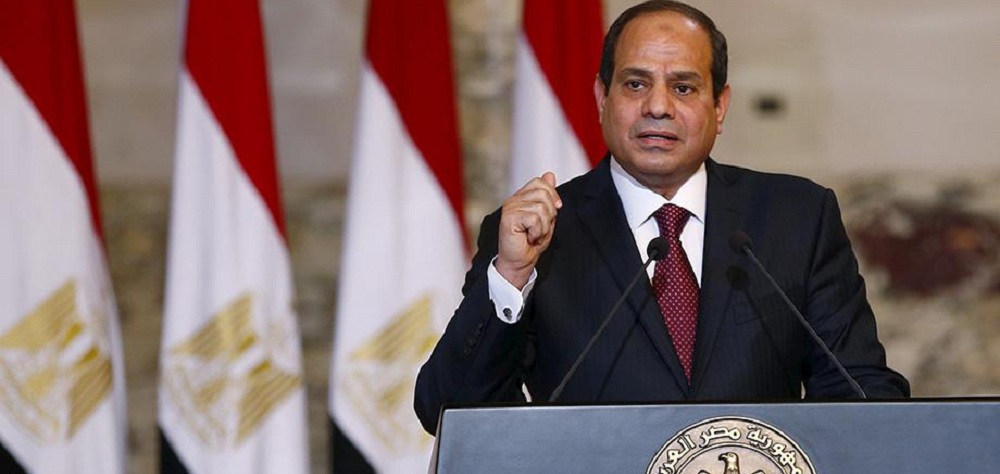Alwaght- As there are speculations about what Arab country will be next in line to restore its ties with the Syrian government amid Damascus transition to stability from the grand crisis and preparation to return to regional and international equations, the eyes are going to Egypt and its President Abdel Fattah el-Sisi.
Rai Al Yaum, a London-based Arabic-language newspaper, reported recently that after a phone conversation between the Syrian President Bashar al-Assad and the Jordanian King Abdullah II, now Cairo and Damascus are preparing the conditions for the first direct talks between Assad and el-Sisi.
This is as during last year, in addition to numerous open and secret trips of bilateral political and military delegations, the Egyptian parliament called on the Egyptian government to rebuild relations with Damascus, and also in September for the first time since the Syrian crisis the foreign ministers of the two countries met on the sidelines of the annual UN General Assembly in New York— a meeting that was important symbolically and in terms of dialogue to mark the start of a new chapter in relations between the two longtime allies in the Arab world.
Why is Syria important for Egypt?
The relations between Egypt and Syria have a long history, and Syria has always been considered as one of the most important fronts in maintaining Egypt's national security, because the eastern gate of Egypt was a corridor through which invaders crossed and posed a threat to Egypt. The Mongolians and the Crusades in the past, then France, Britain, and the Israelis, who occupied Sinai Desert in the modern days, all came to Egypt through the eastern gate.
The rise of an alliance of the Arab nationalist front against the Israeli regime in the second half of the twentieth century, with Syria and Egypt being central in it, led the US, as a staunch ally to the Israelis, to seek to influence relations between the two countries. The so-called Egyptian peace with Tel Aviv was an act that frayed and cut off Damascus-Cairo relations for years.
Their relations were resumed after the Iraqi invasion of Kuwait in the early 1990s, and Egyptian-Syrian relations have continued since then, despite the ups and downs following the Syrian crisis, which weakened relations between the two countries, especially during the Muslim Brotherhood rule in Cairo under President Mohamad Morsi, who was toppled by an el-Sisi coup just a year after election in 2013.
Over the past five years, statements by leaders in both countries confirmed that there has been an unstated friendly relationship between the two Arab states. The surprise came when the Egyptian parliament welcomed a Syrian diplomatic delegation in November 2019 headed by the ambassador to Cairo Bassam Darwish to discuss Turkey's invasion of Syrian territories. In January, Egyptian Foreign Minister Sameh Shoukri stressed in a political statement: "We look forward to Syria's return to the Arabian world, and the country will return to its position of which we are all proud.”
This statement was the first of its kind and bore positive signs that their relations will return openly and normally. Cairo considers the widespread presence of international terrorists on Syrian soil and also Erdogan's ambitions to annex parts of the Syrian territory as a clear threat to the Egyptian national security.
During his recent visit to the US, the Egyptian leader made it clear that Syria represents Egypt's strategic depth and called for respect for its territorial integrity. Regardless of who rules Damascus, maintaining Syria's territorial integrity is of paramount importance to Cairo, especially as the turmoil of recent years has turned Syria and Libya into a safe haven for terrorist groups that directly endanger Egypt's national security in Sinai.
Syria also constitutes a direct threat to the Israeli depth, and the existence of an alliance between Egypt and Syria means that it is possible to reach the depths of Israel at any moment if Tel Aviv threatens Cairo by violating the peace agreements.
General Muhammad al-Ghabari, advisor to Nasser Higher Military Academy and the former director National Defense College emphasizes that the importance of having relations with Syria comes from existence of a “common defense” with regard to Syria being strategic depth to Egypt. Agreement between the two countries is higher in priority than Camp David Accords with Israel in terms of significance, he continues.
It is noteworthy that the Syrian crisis is a priority in the Egyptian-Turkish talks for restoration of relations, as Cairo has already set the precondition for normalization of relations with Ankara as the withdrawal of Turkish troops from Syria and Libya.
Following the 2013 coup in Egypt, Ankara, as the backer of the Muslim Brotherhood, cut off its ties to Cairo, initiating a geopolitical competition between the two states. Egypt tested ways to establish contacts with the Syrian Kurds to put strains on Turkey and even accepted in Cairo representatives of them. However, it dropped the plan as it was not interested in a costly proxy war and with regard to the two countries’ regional weight.
Egypt also made arrangements to transfer gas to Lebanon via Syria. With Washington not opposed to the gas transfer to Lebanon despite the anti-Syrian sanctions, Cairo is seeking to penetrate regional markets in its quest for customers for the gas produced from its newly-discovered fields in the Mediterranean.
Additionally, el-Sisi eyes a new Arab bloc covering Egypt, Syria, Iraq, and Jordan and Damascus can prove instrumental in this ambition. Closeness to Iraq, Jordan, and Syria can elevate the Egyptian economic level and pave the way for political and strategic partnerships in next stages.



























